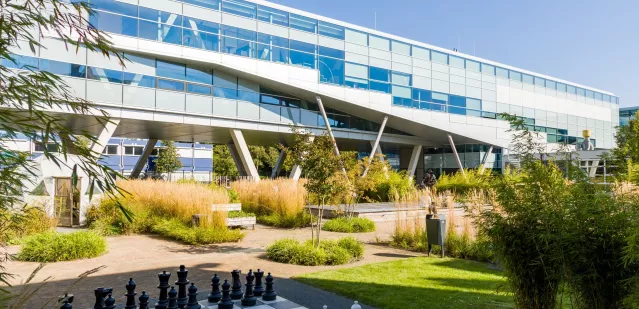There are concerns about the quality of youth care and staff turnover. This proposal focuses on improving the quality of help provided by 1) developing and securing a stimulating, interactive and evidence-based learning environment for professionals and 2) examining it for effect. This is done together with experts by experience, professionals and youth aid organisations and using knowledge on learning and technology. By cooperating with policy parties and teachers in HBO and academic education, we ensure wider use of the developed ways of learning: in the sector and in education that trains for it.
Involved from NHL Stenden: research group Zorg voor Jeugd (Janneke Metselaar)
Coordinator on behalf of consortium: dr. L. Boendermaker (Hogeschool van Amsterdam)
Consortium: Hogeschool van Amsterdam, Hogeschool Utrecht, Universiteit van Amsterdam, Radboud Universiteit Nijmegen, Universiteit van Amsterdam, Saxion Hogeschool, Universiteit Utrecht, HAN University of Applied Sciences, Hogeschool van Amsterdam, Open Universiteit, NHL Stenden Hogeschool, Hogeschool van Amsterdam, Universiteit van Amsterdam, IHUB, Levvel, SIGRA, Jarabee, Supra-regional expertise network youth care Noord Holland, Vereniging van Nederlandse Gemeenten, Netherlands Youth Institute, VWS, Joint Professional Associations, Joint Professional Associations, Youth Care Netherlands (JZN), Zorgbeland Inclusief, Expex Amsterdam, Stichting Alexander, Jeugdhulp Friesland, Entrea-Lindenhout, Ambiq, Pluryn, Stichting Sitara, Leiden University Medical Centre, Active Implementation Research Network & chair Global Implementation Society, Gemeente Amsterdam, Employment Market Fund FCB, KetJAA: Knowledge network on youth of Amsterdam Amstelland, Beweging van 0, CLeVR, Dialogue Trainer, Scopic, Attensi, Inside Out: Knowledge network of youth in Nijmegen, Pi Research, Praktikon, Netherlands Youth Institute.
Amount allocated to entire consortium: 5,2 million euros




